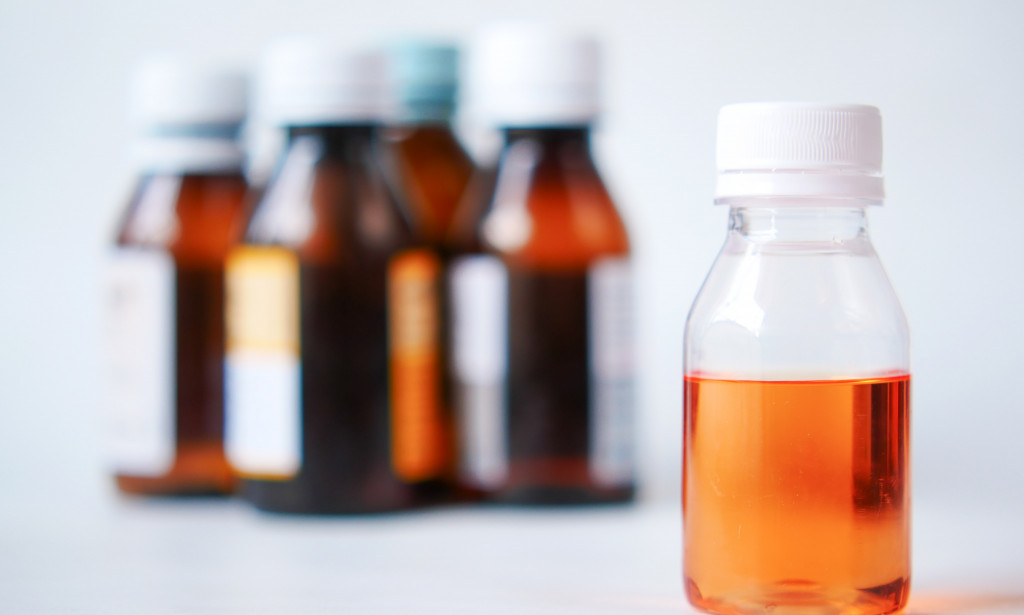Tedros Adhanom Ghebreyesus gives a public interview on December 20, 2021 at the WHO base camp in Geneva
WHO boss Tedros Ghebreyesus say the passings are "past terrible"
A worldwide alarm has been given more than four hack syrups after the World Health Organization (WHO) cautioned they could be connected to the passings of 66 youngsters in The Gambia.
The syrups have been "possibly connected with intense kidney wounds and 66 passings among youngsters", it said.
The items were fabricated by an Indian organization, Lady Drugs, which had neglected to give ensures about their security, the WHO added.
The firm has not yet remarked.
The BBC has reached Lady Drugs for input.
Indian authorities say they have requested that the WHO divide proof of the connection among the syrups and the passings.
The WHO recognized the medications as Promethazine Oral Arrangement, Kofexmalin Child Hack Syrup, Makoff Child Hack Syrup and Magrip N Cold Syrup.
The four items had been distinguished in The Gambia, yet "may have been dispersed, through casual business sectors, to different nations or areas", the WHO added, in the alarm distributed on its site.
It cautioned that their utilization might bring about serious injury or demise, particularly among kids.
The WHO's mediation came after clinical experts in The Gambia - a well known traveler objective - recognized an expansion in instances of intense kidney injury among youngsters younger than five in late July.
The Gambia's administration has since suspended the utilization of all paracetamol syrups and has encouraged individuals to utilize tablets all things being equal.
The quantity of passings has declined since the boycott yet two more have been kept in the beyond about fourteen days, Gambia wellbeing administrations chief Mustapha Bittay told the BBC's Attention on Africa program.
He said that The Gambia didn't as of now have a lab equipped for testing whether meds were protected thus they must be sent to another country for checking. Mr Bittay added that The Gambia was in conversations with the World Bank to get subsidizing for a quality-control research facility.
The WHO said that research center investigation of tests of the items "affirms that they contain inadmissible measures of diethylene glycol and ethylene glycol as toxins".
The substances were harmful, and their belongings "can incorporate stomach torment, regurgitating, looseness of the bowels, failure to pass pee, migraine, changed mental state and intense kidney injury which might prompt demise," it added.
Mr Bittay likewise said that follows had additionally been found of E.Coli, a microorganisms which can cause the runs and regurgitating.
The Gambia's wellbeing authorities said last month that many youngsters had kicked the bucket, without giving a precise number.
Talking in Geneva on Wednesday, WHO boss Tedros Ghebreyesus said: "The deficiency of these youthful lives is past grievous for their families."
The WHO said that India's Focal Medications Standard Control Association demonstrated that the maker might have just provided the polluted meds to The Gambia, AFP news organization reports, citing an email from the UN wellbeing office.
In any case, the WHO said that "worldwide openness" was conceivable as the "producer might have involved similar sullied material in different items and conveyed them locally or sent out" them, the office reports.


You must be logged in to post a comment.